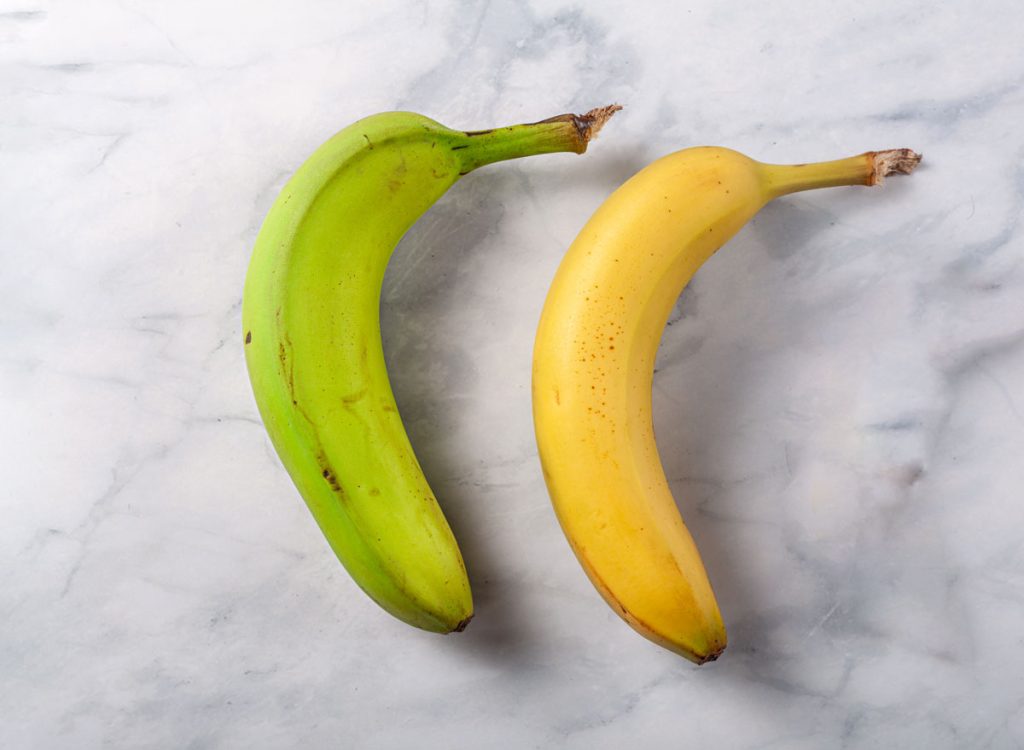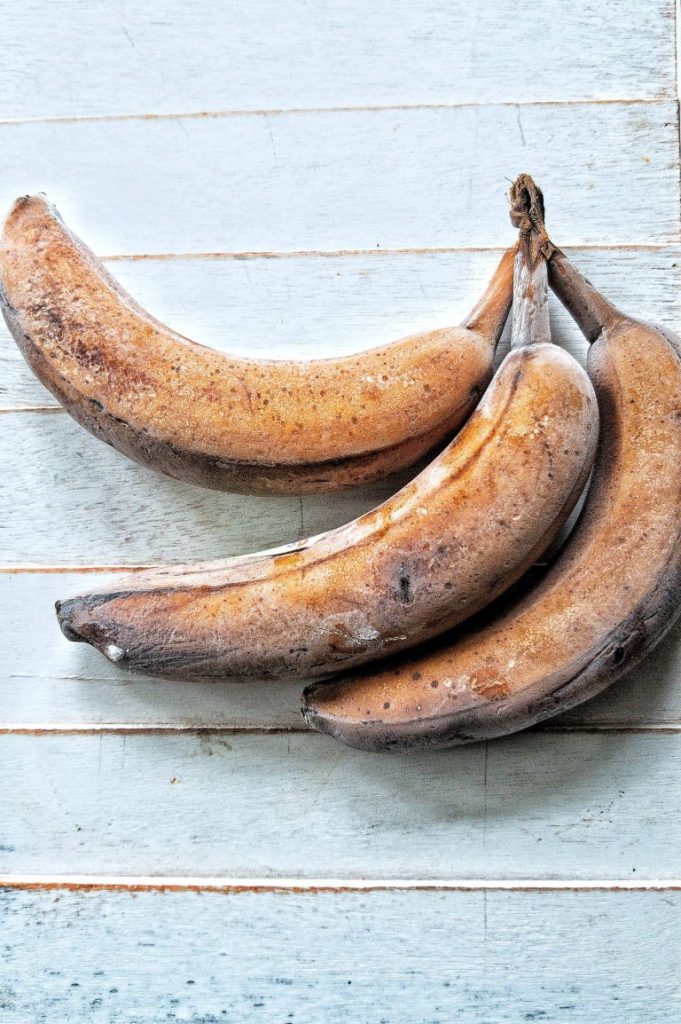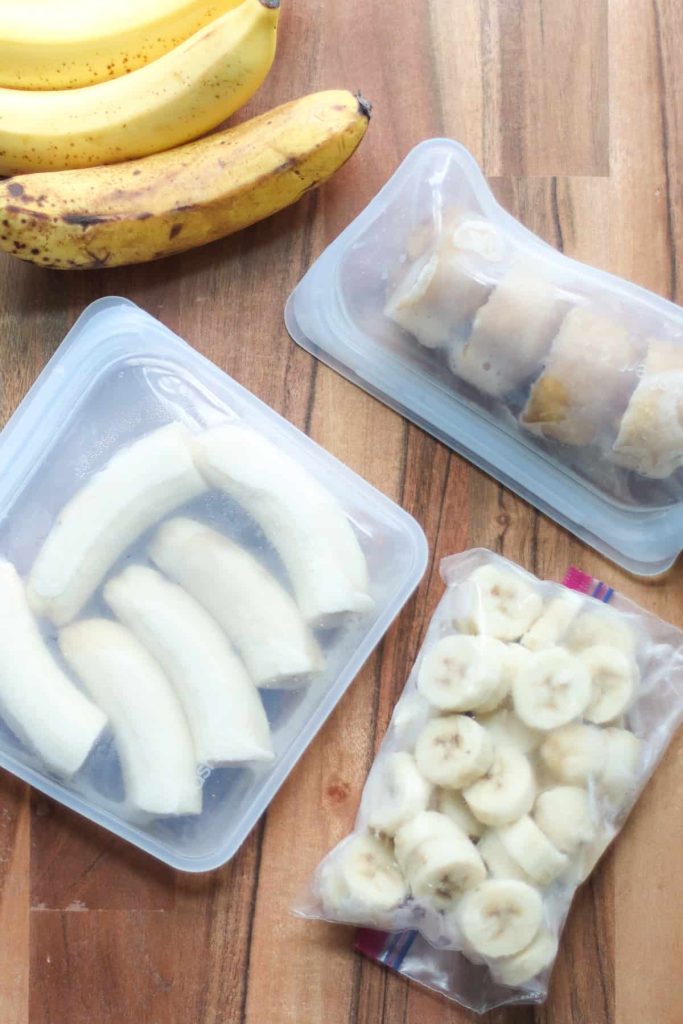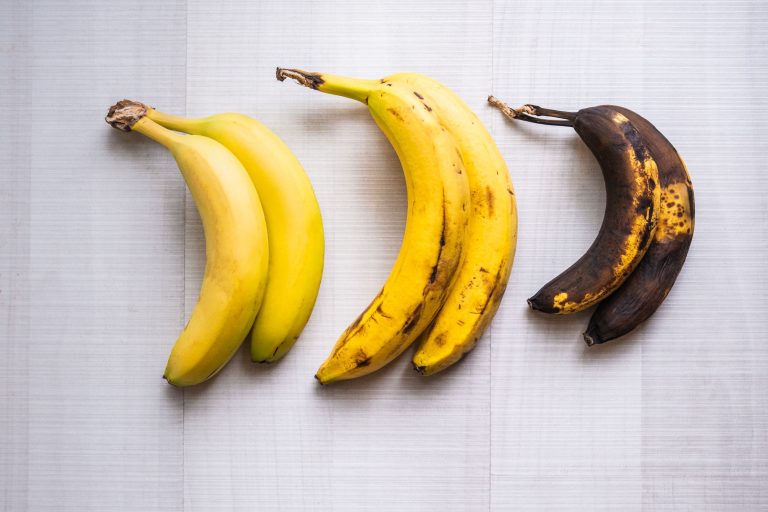Bananas are a staple in kitchens worldwide, loved for their convenience, taste, and health benefits. But when it comes to storing them, there’s a ripe debate: Should bananas be refrigerated? The answer is not as straightforward as you might think.
The Ripening Ritual
Bananas are unique in how they ripen. At room temperature, they transform from green and firm to yellow and sweet. The common belief is to leave them on the counter until they reach your preferred level of ripeness. But what happens next is crucial. Once they’re ripe, moving them to the refrigerator can slow down the enzymes that cause further ripening.

Cold Case: The Refrigeration Effect
Refrigerating bananas does more than just prolong their shelf life. It also changes their texture and flavor. A chilled banana may have a firmer texture, and the cold can sometimes enhance the sweetness. However, refrigerating them too early can lead to a bitter taste and a blackened peel, a phenomenon known as “chilling injury.”

When to Say Goodbye
Not all bananas survive the journey to perfect ripeness. Excessive bruising or a peel that’s broken can signal that it’s time to discard the fruit. These imperfections not only affect taste but can also make bananas susceptible to microbial pests.
Freezing: The Long-Term Solution
For those who want to keep bananas even longer, freezing is an option. Peeled and placed in a freezer bag, bananas can last up to a month, perfect for smoothies or baking on demand.

Your Take
So, should you refrigerate your bananas? It depends on how you like them. If you prefer them firmer and slightly sweeter, then a stint in the fridge might be perfect. But if you’re a fan of room-temperature softness, the countertop is your best bet.

